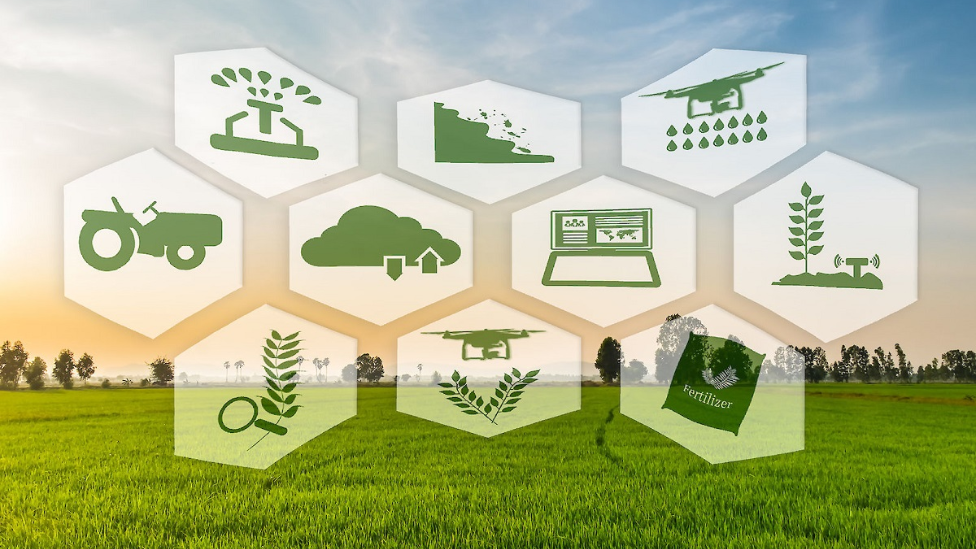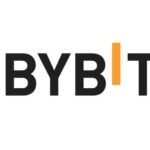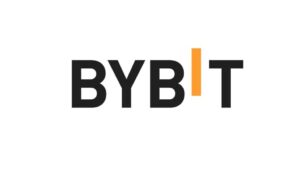For ages, one of the main industries powering the Middle Eastern economy has been agriculture. The region’s tough climate necessitates a method of food production that is both effective and sustainable. Fortunately, technology has recently made a big contribution to the region’s agriculture. Among these technologies, blockchain has shown great potential in the agri-tech industry. In essence, blockchain technology is a distributed ledger system that is encrypted. It stores data in a way that is clear and can’t be changed, which makes it perfect for the agri-tech industry.
How Blockchain Technology Can Improve Efficiency and Reduce Waste in the Agri-Tech Industry In The Middle East
Decentralized Marketplaces For Agricultural Products
Blockchain technology allows people in the agriculture industry to transact without a middleman. Because technology is moving away from the need for a central authority, it grants trust to cryptography and peer-to-peer architecture instead of an authority. As a result, it helps rebuild trust between consumers and producers, which can help the agri-food industry lower its operating costs. For instance, Dubai Multi Commodities Centre has created Agriota E-Marketplace, a technology-based platform for trading and sourcing agri-commodities. The blockchain-based network will help connect the millions of small farmers in India to the food industry in the UAE.
Smart Agriculture
Agri-food systems need data and knowledge about natural resources to make all types of farming possible. Most of the time, different actors and stakeholders make data and information based on what they need and their capabilities. By using blockchain technology, smart agriculture could provide a comprehensive security solution that makes it easier to use and manage data. It can help get rid of the old model of centralized data management, which can result in flawed data, data distortion, and misuse of data.
Food Supply Chain
Globalization and fierce market competition have made food supply chains longer and more complicated. Food supply chains often have problems with food safety and quality, food trust, and supply chains that don’t work well. With the help of blockchain technology, it may be easier and clearer to find out where food comes from. You can follow a product from the farm to the table, which can cut down on fraud and make food safer. Farmers and customers can benefit from the blockchain for agrotechnology by having more faith in the safety and quality of food products. For example, in January 2018, the Dubai government launched the Food Watch platform to digitize nutrition and food safety data for more than 20,000 restaurants by 2020.
Conclusion
Blockchain technology has the potential to tackle issues in the food and agriculture industries significantly. From a digital identity management system to a micropayment system, blockchain-based solutions can go beyond old infrastructure and push the new era toward growth for everyone.




























